The International Monetary Fund recently warned that the fortunes of the Gulf countries might disappear within 15 years given the decline in global demand for oil and low prices.
This warning, mentioned in a study by the International Corporation on “the future of oil and financial sustainability” is a shock that could drive these countries to accelerate their reforms and diversify their economies.
Over the past two decades, the six Gulf States (Saudi Arabia, the United Arab Emirates, Qatar, Bahrain, Kuwait and the Sultanate of Oman) have accumulated huge revenues from the sale of crude, amounting to about $ 2.5 trillion which has been invested abroad through sovereign wealth funds.
However, since 2014, the collapse in oil prices has caused the Gulf economies to lose hundreds of billions of dollars. With the increase in spending and the decline in oil revenues, the resulting deficit led to a decline in net financial fortunes in the period between 2014 – 2018, up to $2 trillion.
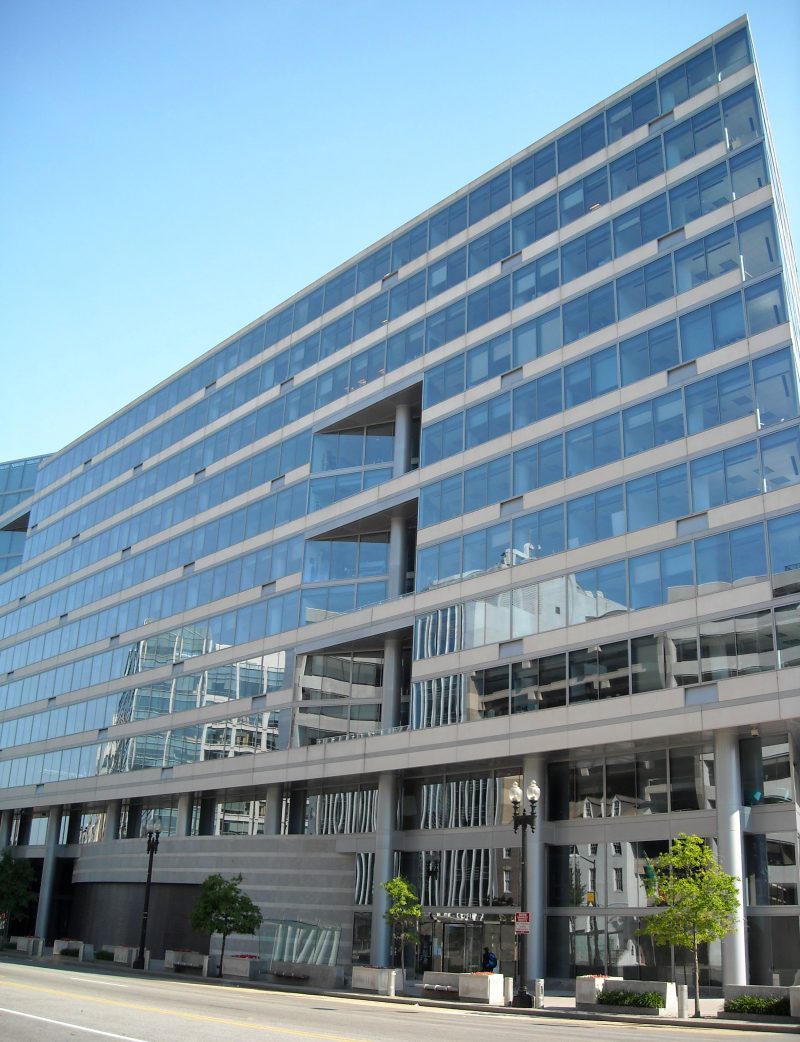
Wikimedia Commons
In addition, the debts of the governments of the Gulf Cooperation Council states increased from about $100 billion in 2014 to about $400 billion in 2018.
As a result, net financial wealth is on track to dip into the red by 2034 or even earlier, which will force countries in the region into borrowing.
With rapid changes taking place in the oil market, the role of modern technologies in increasing supply, concerns related to global climate change and the resulting drive for renewable energy sources, the financial sustainability of the GCC region is greatly threatened.
With the Fund’s warning that accelerating the diversification of the economy will not be sufficient and that there is a need to reduce government spending and extensive imposition of taxes, Gulf countries need to realize that they must rationalize their spending and reduce their public bills in line with international standards.
Some people may be concerned about taking such measures given that they will undoubtedly be a very sensitive topic, and could even pose a political risk due to the potential negative impact on Gulf citizens who have been accustomed to low taxes and government subsidies.
These measures will have social and economic consequences that affect employment, family income, business confidence and investments, and consequently could have serious political ramifications in those countries that have long adopted a social contract based on well-being in exchange for restricting political freedoms and freedom of expression.
The IMF warnings are in line with the expectations of the American Center for Strategic and Security Studies “Stratfor”, which stated that the Gulf countries, especially Saudi Arabia, Kuwait and Oman, will not be able to escape the fate of “their wealth fading” in the coming years.
Stratfor also predicted that Bahrain and Oman will face painful repercussions resulting from this matter over the next ten years, which may come in the form of violent financial crises that result in increased unemployment and growing internal anger against the government.
Life will be more tough for Gulf residents who until recently enjoyed an easy tax-free life with great financial benefits, excellent educational, health and social services, and great public infrastructure. All of this provided political stability in the Gulf.
Political stability based on the spread of wealth was clearly demonstrated when the Arab Spring exploded, as a result of which Gulf Cooperation Council countries spent heavily on salary increases and other good things to ensure political calm– however, next time, this will not be a realistic option.
The repercussions will not stop at the occurrence of political and social unrest in the Gulf, it will extend to the Middle East region as a whole, especially given what we know about the role that the financial abundance of Gulf countries played in the economies of other Arab countries since the 1970s. This revenue paid for important humanitarian assistance and projects in many countries of the region, as well as grants and loans to several governments. This income was also used to make huge investments in countries of the region in various sectors.
The Gulf States created jobs for 25 million Arabs who cannot find work in their country. These workers made an important contribution to their indigenous countries’ economies by reducing the political risks posed by mass unemployment.
For example, in Egypt alone, remittances from Egyptians working abroad recorded $25.15 billion in the fiscal year 2018-2019, while Suez Canal income reached $5.9 billion, tourism revenues hit $12.57 billion and exports of natural and liquefied gas $1.2 billion. This shows that these transfers have far exceeded the sum of the previous sources, which indicates that the Egyptian economy is still dependent on remittances of workers abroad, and especially in the Gulf countries. Because these transfers are made in dollars, they have also had a major role in stabilizing the exchange rate in the Egyptian market.
In Lebanon, the International Monetary Fund estimated remittances of expatriates in 2018 at about $7.2 billion, mostly from the Gulf countries and Saudi Arabia in particular. This constituted 12.7% of the gross domestic product of the country.
In Jordan, the number of workers abroad is estimated at 600,000, most of them in the Gulf countries. They convert annually between $3.5 and $4 billion, and their transfers during the period between 2000 and 2014 amounted to about 14% of the GDP.
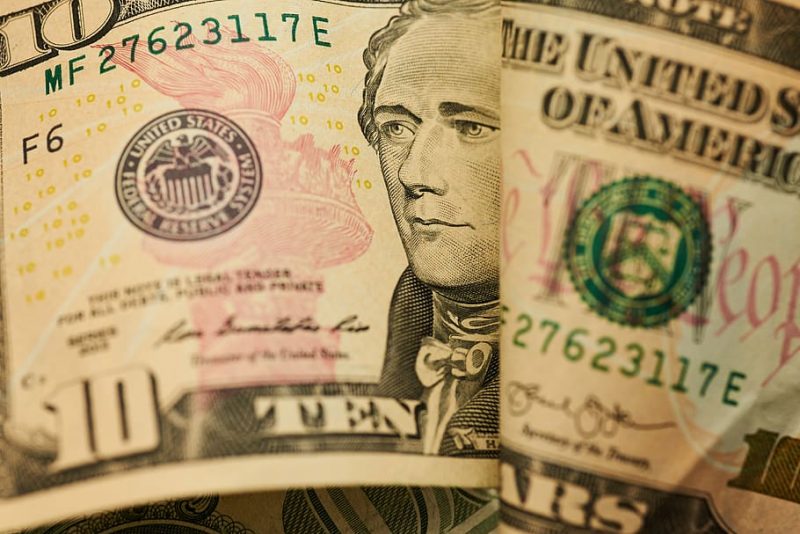
PxFuel
But with the financial difficulties in the Gulf Cooperation Council countries and their push to encourage local people to join the workforce, the jobs of expatriates are at increased risk.
Expatriates’ transfers provided hard currency and solved a large part of the unemployment problem in the Arab world, in countries which have been unable to achieve real development, a problem that could now result in political and social instability. The Arab Spring revolutions were only a precursor of what might happen next.
If the Arab labor transfers in the oil states are added to the revenues of tourism and Gulf investments and the aid and grants provided by the Gulf governments, it is easy to see the extent of the negative effects the end of this era could have on all the Arab countries.
Through financial abundance, the Gulf countries were able to provide huge direct financial aid to several Arab countries, enabling them to stabilize allied political systems, purchasing influence and resolving the geopolitical crises facing them.
This aid was directed toward public spending in some countries, or to impose specific political solutions that guaranteed a form of fragile stability.
Perhaps the most prominent example of this is the Gulf money that was provided to Egypt after the revolution of July 3, 2013 which toppled President Mohamed Morsi, in order to save the country which was on the brink of financial collapse.
Also, Gulf funds in the form of aid, grants, loans or investments were the ones that put out the fires of protest in Oman, Bahrain and other countries in the Maghreb.
The White House was likely counting on the wealth of the Gulf in the implementation of the peace plan known as “the Deal of the Century”, supposing that the Arab Gulf countries would bear a large ammount of the $50 billion needed to establish a Palestinian state on a strong economic basis.
On the other hand, Gulf money, which is worth much more than these countries’ questionable military might, has always played a crucial role in combating Iran’s regional ambitions. From this standpoint, the Gulf States, especially Saudi Arabia, have provided assistance to Lebanon to balance the influence of Iran and its proxy Hezbollah.
Consequently, political instability in the region will worsen, not only because of the inability to meet the needs of Gulf citizens or the inability to lend a hand to neighbors, but because the situation will become a great opportunity for Iran to extend its influence through deepening chaos across the middle east.
With the continued regional tensions and political uncertainty against the background of the continuing civil war in more than one Arab country and the weakness of the existing political systems, growth rates and investment opportunities will decline, which will exacerbate social and political turmoil in turn.
If the Gulf states insist on continuing to interfere in regional conflicts and fail to find a solution to their conflict Iran, they will have to maximize their spending on armaments by reducing spending on social welfare for their citizens, which must be avoided completely if they want sustainable political stability.
These countries also need to find a solution to internal disputes which have caused losses to their companies, forcing them to increase their military spending.
Not only that, but because of regional conflicts and tensions, regional and international alliances were formed and paid for by the Gulf States.
In general, the situation of all Arab countries after the end of the oil era will be very tense. The Gulf states need a comprehensive strategy to face the challenges of the next stage, economically, politically and socially. Many Arab countries are currently suffering from protests and unrest, but this may be only the beginning.
The Middle East seems to be in permanent turmoil, but when one understands that soon many countries in the region will have much less money and fewer jobs, it should be clear that the worst is yet to come.







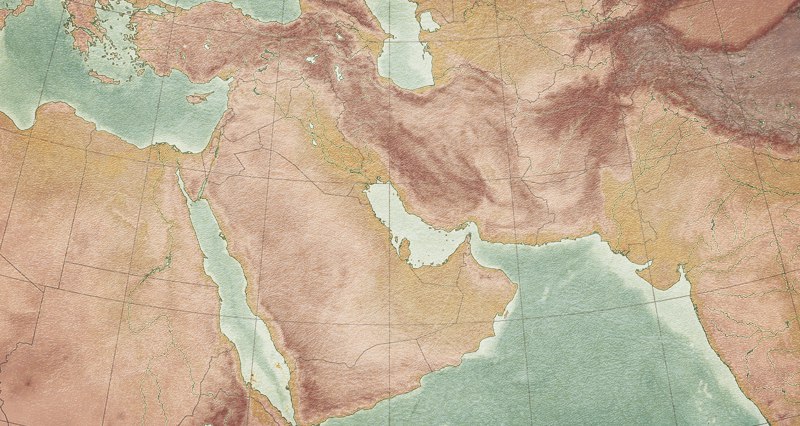
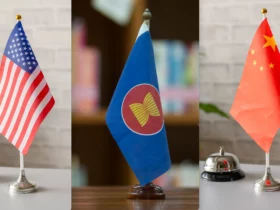
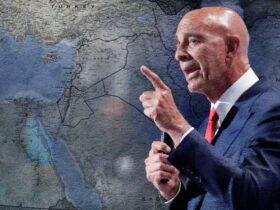
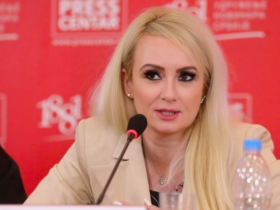
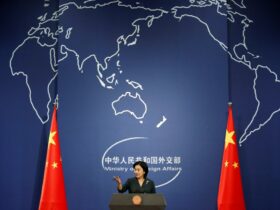
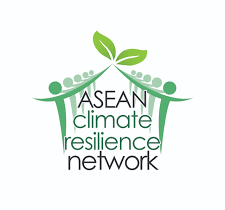
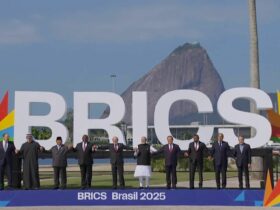



Leave a Reply